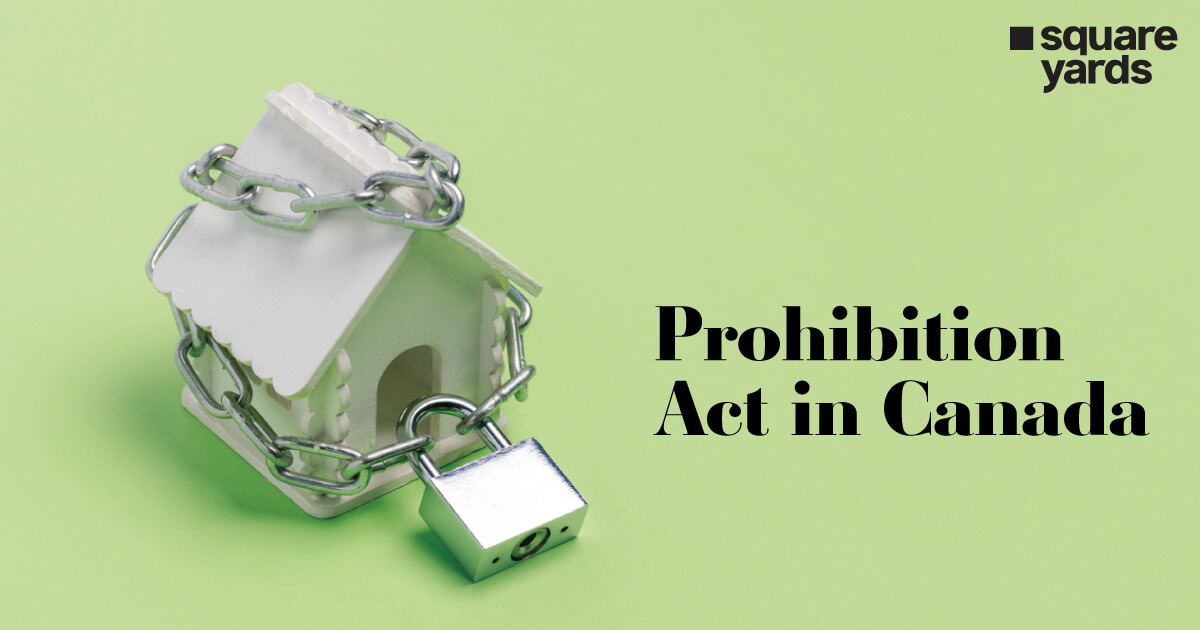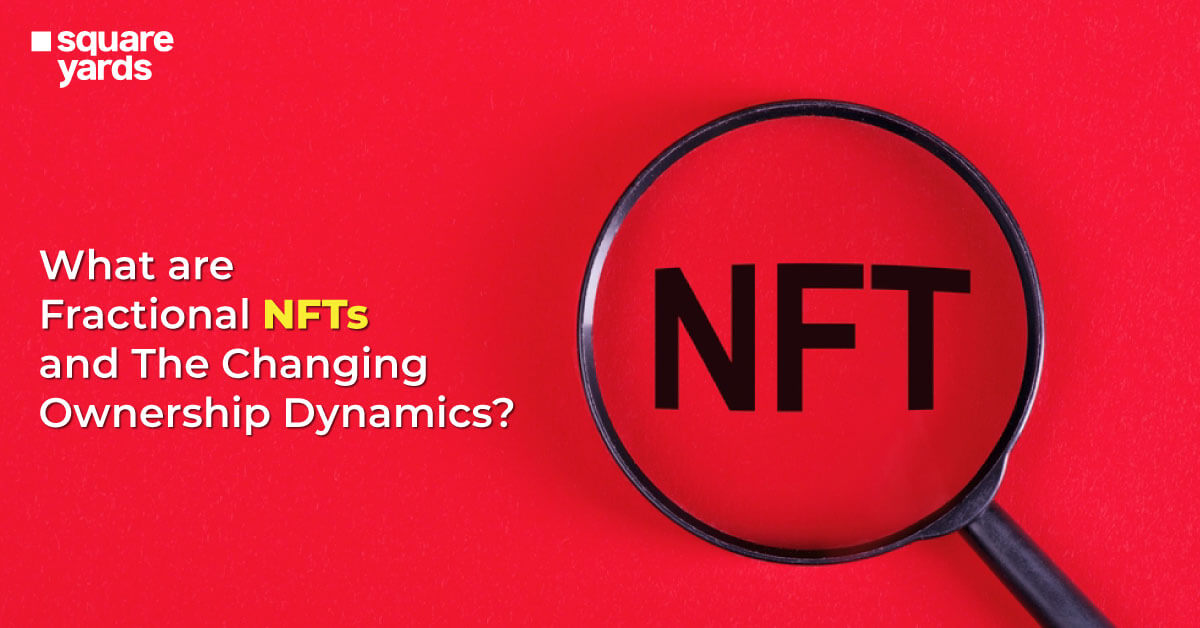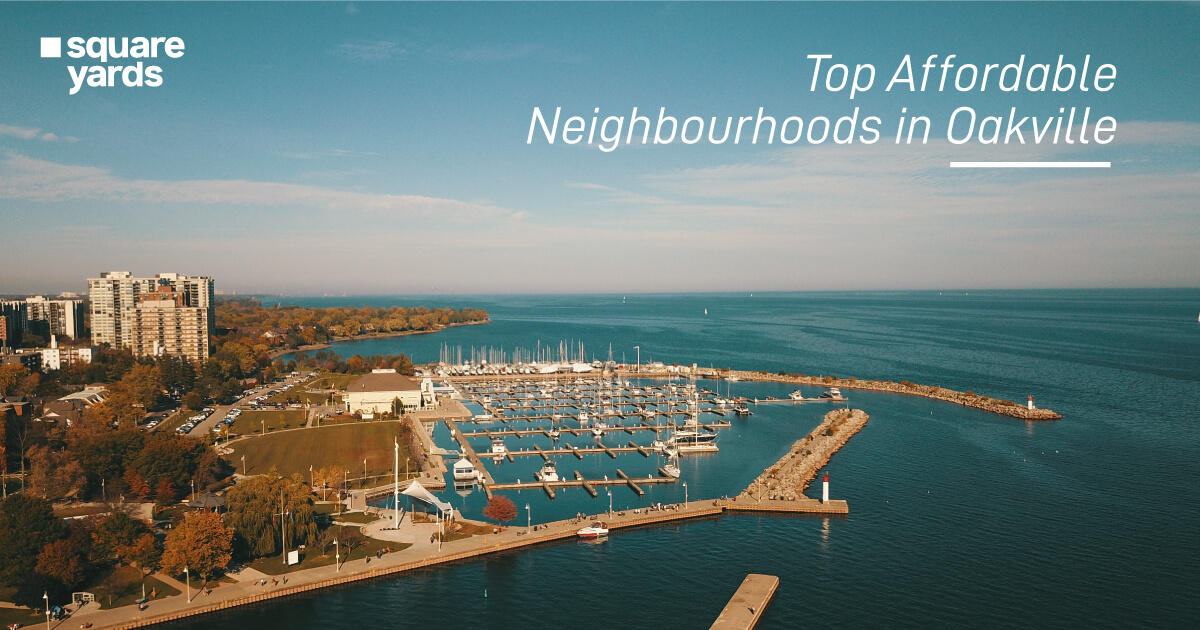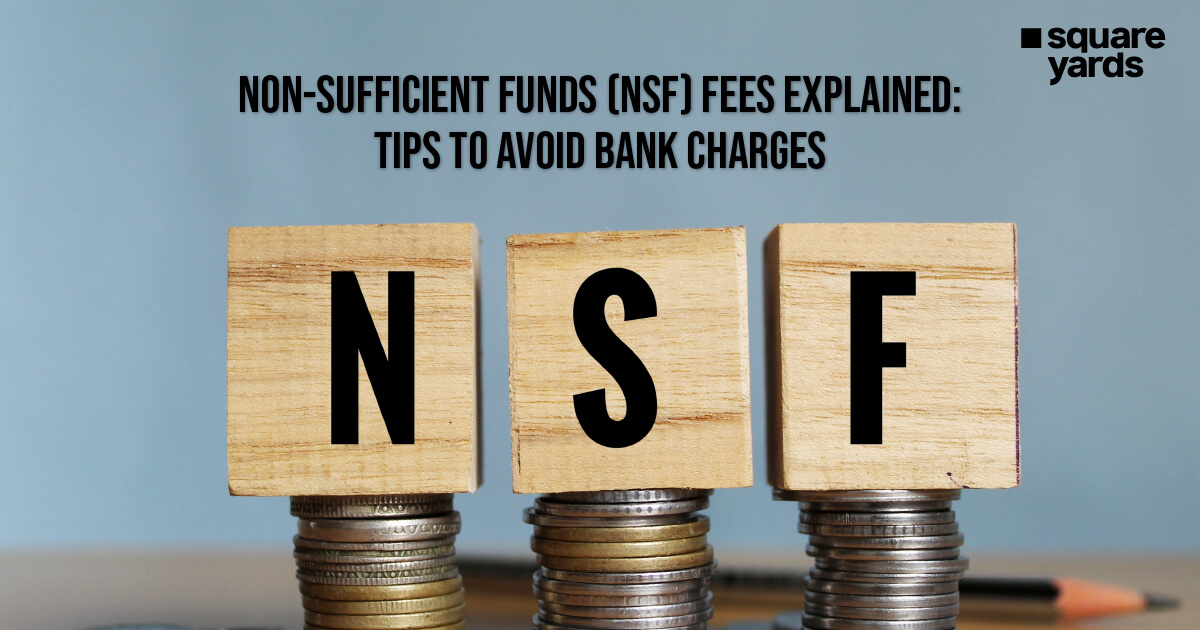The “Prohibition act in Canada on the Purchase of Residential Property by Non-Canadians Act,” recently implemented by the Canadian government, has stolen the limelight. Though enacted to control rising housing prices, the law has been the subject of serious debates and deliberations. Have a look at what this law means to the people of Canada and how big an impact it will have in the future.
To Whom Does This Apply?

If you have plans to purchase a residential property in Canada, this article is just for you. With the new dawn of January 1, 2023, the prohibition on property purchase has taken a new legal turn. As is defined in the Purchase of Residential Property by Non-Canadians Act, the law binds everyone, particularly the ‘Non- Canadians’.
In effect, your dream of purchasing a house in the captivating plains of Canada can take a serious downturn if you are earmarked as a ‘Non- Canadian’ according to the law books. If you are not a Canadian by birth or a certified permanent resident, you can be a Non- Canadian, despite the number of years you’ve resided in the country. However, if you’re an Indian registered under the Indian Act, you’re all clear from the Non- Canadian tab.
The prohibition act in Canada further extends to non-Canadian corporations. These include enterprises that are not under the jurisdiction and administrative frameworks of the Canadian government or provincial governments. Other categories of enterprises are under Canadian law but controlled by a non-Canadian. The equation changes for such entities, and they are also non-Canadian, according to the new set of rules under the renovated act of prohibition on property purchase. however, comprehending the nuances of this section draws attention to the fact that a company owner is in ‘direct’ or ‘indirect’ ownership. One such individual holds;
-
- Control through ownership, agreement, or otherwise
- 3% or more of the value of the equity in the company
- 3% or more of the voting rights in the company
-
Exceptions
The prohibition act in Canada also lays out a set of exceptions that exempt a select few from the category of non-Canadians. These exceptions are according to Section 4(2) of the Prohibition on Property Purchase Act and are applicable for:
-
- Foreign nationals possessing a passport approved by a proper diplomatic channel, consular, official, or special representative. The Chief of Protocol should issue this acceptance form to the Department of Foreign Affairs, Trade, and Development.
- Temporary residents are covered under Immigration and Refugee Protection Act provided they duly filed all the mandatory income tax returns under the Income Tax Act. This is accounted for each of the five taxation years preceding the year in which the purchase was made.
- Temporary residents should also be physically present in Canada for a minimum of 244 days or more. This includes each of the five calendar years preceding the year the purchase was made. Also, purchasing price of the residential property should not exceed $500,000, and the concerned party shouldn’t have purchased more than one residential property
- Individuals covered under the ambit of and protected within the meaning of subsection 95(2) of that Act.
- Non-Canadian individuals who have purchased residential property in Canada with their spouse or common-law partner. The spouse or common-law partner should be a Canadian citizen by law or should be duly registered as an Indian under the Indian Act, a permanent resident, or a person protected under the Refugee Act or Subsection 95 (2) of the prohibition act in Canada.
Does This Apply to Clients Other Than Buyers?

The newly imposed law revolving around the a residential property in Canada opens up debate and confusion. Ambiguity prevails as ‘section 4’ of the law that defines the term ‘purchase’ is open to multiple interpretations. ‘Purchase’ can be the act of acquiring a legal or equitable interest or a real right in residential property. It can be enacted by an individual or by an enterprise. The registration of a ‘mortgage’ under this law is still debatable. Lawyers and other political leaders are keen to learn more from real-life scenarios to derive more clarity regarding legal definitions.
-
Exceptions
The prohibition act in Canada provides some exceptions under the umbrella term ‘Purchases’. These include;
-
- Acquisitions by an individual of a genuine right or interest resulting from a gift, divorce, or death
- Transfer in accordance with the conditions of a trust that was established prior to the Act’s implementation
- Transfer as a result of the enforcement of a lien or secured right by a secured creditor
- Apartments rented out by an individual for personal use
Which Real Estate is Covered by the Act

Section 2 of the act defines ‘residential property’. As per the act, the properties that come under the aegis of the act include;
-
- Residential houses
- Condominiums
- Vacant property zoned for residential or mixed-use.
-
Exceptions
According to the regulations of the Prohibition Act in Canada, some types of properties are excluded from the definition of ‘residential property’. These comprise;
-
- A unit of real estate situated in a Canadian region that is not part of a census metropolitan area or a census agglomeration.
- Properties located in rural areas or small towns.
It is also noteworthy that some properties are not subject to the Act due to their location, However, properties subject to the Foreign Ownership of Land Regulations are taken into account.
Regulations and the Act’s Definitions

Let’s now look closely at the definitions of some of the terms in the act and regulations.
Non-Canadian – The term corresponds to all individuals except;
-
- Canadian citizens, or
- Permanent residents of Canada
- Persons registered under the Indian Act
- Non-Canadian Firms – Corporations and other entities created by the rules of a Canadian province are also subject to the ban on property purchase law. However, the law exempts businesses that are;
- Not a stock exchange in Canada
- Corporations or other companies that are publicly traded
- Controlled by a non-Canadian.
Residential Property Residential property is defined as buildings with up to three dwelling units and individual buildings, such as semi-detached homes or condominium units, in Canada. Additionally, it applies to homes situated in Census Metropolitan Areas (CMAs) or Census Agglomerations. (CA).
Purchase – According to the broader terms of the law, the bindings of the enactment under the definition ‘purchase’ excludes
-
- Residential property acquired as a result of divorce, separation, gift, or death
- A non-Canadian renting and residing in the residence
- A creditor exercising a security interest or secured right as part of a financing agreement
- A non-Canadian purchasing a residential property for development
Control – The term ‘control’ is defined according to the law as
- Direct or indirect acquisition of shares or ownership interests
- Corporation or entity holding equity shares greater than or equal to 10 %
- Individuals or entities carrying 10% or more of their voting rights
-
Exceptions
Despite the speculations about the law, prohibition act in Canada presents a clear set of guidelines regarding the categories exempted from the law. These include;
-
- Temporary residents studying in Canada enrolled in an authorized program as defined in the Immigration and Refugee Protection Regulations . However, it is subject to the purchase of a property worth $500,000 or less and if the residents abide by Canadian migration rules.
- Refugee claimants and individuals fleeing international crises covered under the Immigration and Refugee Protection Act.
- Accredited members of foreign missions in Canada holding a valid issued by the Chief of Protocol of Canada
- Non- Canadian citizens for whom the common law partners are Canadian citizens, an Indian Act registered individual, a permanent resident, or a foreign national to whom the ban does not apply.
- According to Statistics Canada’s Standard Geographical Classification 2021, residential property outside of a Census Metropolitan Area (CMA) or Census Agglomeration (CA) is considered to be outside of a CMA or CA. A population center, or the core, plus one or more nearby municipalities together make up a CMA or CA. It’s also important to note that Regulations make it clear that the restriction is not applicable if it clashes with rights that are recognized and upheld by Section 35 of the Constitution Act of 1982.
Key Highlights
- The Act defines residential property as structures with three or fewer housing units. This covers condominiums and semi-detached homes. The purchase of larger networks with four or more housing units is not prohibited under the Act.
- Residential properties outside of Census Metropolitan Areas (CMA) and Census Agglomerations are transferable to non-Canadians (CA).
- In specific situations, some exceptions permit non-Canadians to buy residential property.
- If a non-Canadian or someone who intentionally helps a non-Canadian is found guilty of breaking the law, they might be fined up to $10,000. A court may also mandate the residential property’s sale.
You May Also Read :
| Vacation Home Rental in Toronto | All About Vacation Home Rental in Toronto |
| Popular houses in Canada | Guide To Popular houses in Canada |
| Facts of Selling a Home | Selling a Home |
| Guide To Tallest Condo in Toronto | Tallest Condo in Toronto |
| Know The selling a House with Tenants | Selling a House with Tenants |
Frequently Asked Question (FAQs)
According to the Purchase of Residential Property by Non-Canadians Act, Non- Canadians, with a few exceptions, cannot buy property in Canada.
Legal enforcement prohibits a non-Canadian from purchasing, directly or indirectly, any residential property in the country.
The prohibition act prohibits the purchase of detached houses with not more than three dwelling units and semi-detached homes and row- houses by non-Canadians
The Canadian government and Canadian citizens benefit from the prohibition
It prevents non-Canadians from buying or selling properties. Also, buying or selling residential properties became more affordable with the enactment of the law. Can you buy property in Canada if you are not a citizen?
What is the Prohibition Act in Canada?
What did the Prohibition Act do?
Who benefited from prohibition?
What were the 2 advantages of prohibition?



































